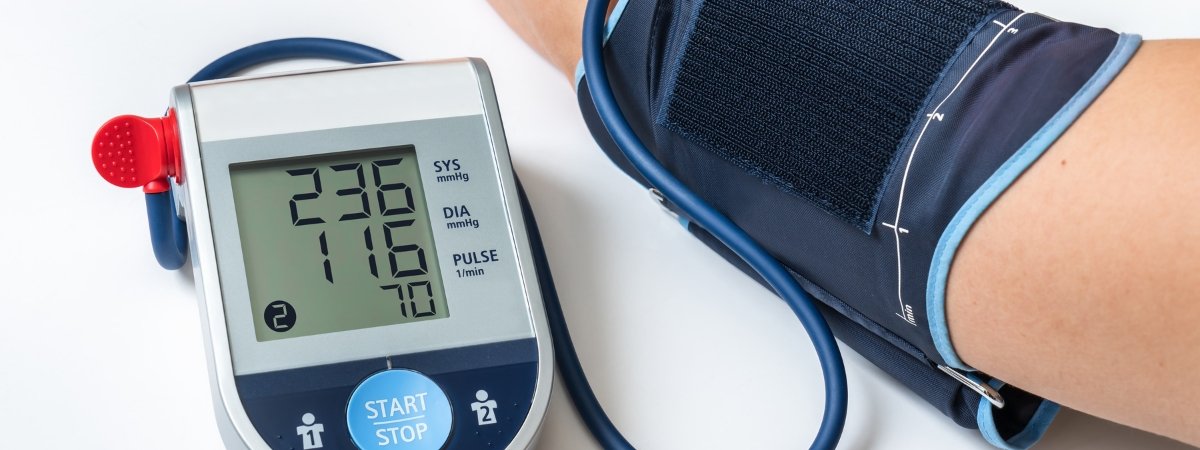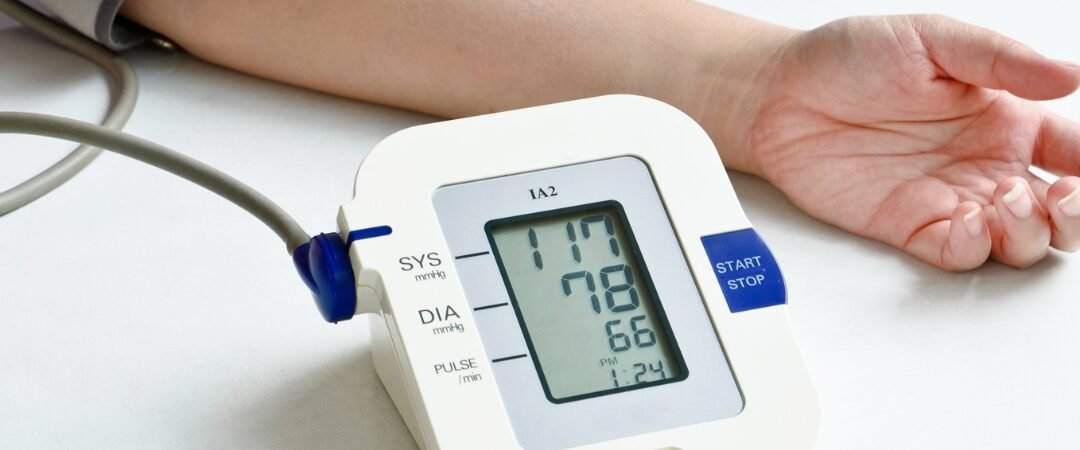Finding the right cardiologist is crucial when dealing with high blood pressure, heart disease, or other cardiovascular issues. A skilled cardiologist not only helps manage these conditions but can also guide you toward a heart-healthy lifestyle, providing personalized treatment plans to improve your overall well-being. If you’re searching for the best cardiologist near you, here’s what to look for and how to choose the right specialist for your needs.
Why Finding the Right Cardiologist Matters
Choosing the right cardiologist is a significant step in managing heart health effectively. Cardiologists specialize in diagnosing, treating, and preventing cardiovascular diseases, including high blood pressure, heart attacks, arrhythmias, and other heart-related conditions. Working with a trusted expert ensures that you receive the best possible care, helping to control symptoms and prevent complications.
Key Qualities to Look for in a Cardiologist
When searching for a top cardiologist near you, consider the following essential qualities:
- Board Certification and Specialization:
- Make sure the cardiologist is board-certified, which indicates they have completed the necessary education, training, and exams in cardiovascular care.
- Look for a specialist with experience treating high blood pressure and heart conditions specifically, as they will be more familiar with the latest treatments and technologies.
- Experience with High Blood Pressure (Hypertension):
- Choose a cardiologist who has substantial experience managing hypertension, as this is a major risk factor for heart disease.
- An experienced cardiologist will understand the complexities of blood pressure management, from medication adjustments to lifestyle recommendations.
- Patient Reviews and Testimonials:
- Research online reviews or ask for patient testimonials to get a sense of the cardiologist’s reputation and patient satisfaction.
- Positive feedback from other patients can give you confidence in the quality of care provided.
- Accessibility and Location:
- Make sure the cardiologist’s office is conveniently located, with flexible appointment times that fit your schedule.
- Consider the availability of telehealth options for follow-up visits or routine checkups, especially if in-person visits are challenging.
What Conditions Can a Cardiologist Treat?

Cardiologists can help diagnose and treat a variety of heart-related conditions, including:
- High Blood Pressure (Hypertension):
- Proper management of high blood pressure can prevent complications like stroke, heart attack, and kidney problems.
- A cardiologist will help tailor a treatment plan, which may include medications, lifestyle changes, and regular monitoring.
- Coronary Artery Disease (CAD):
- CAD occurs when the arteries supplying blood to the heart become narrowed or blocked.
- Treatment may involve lifestyle changes, medications, or procedures like angioplasty to improve blood flow.
- Heart Failure:
- This condition occurs when the heart cannot pump blood effectively, leading to fatigue, swelling, and shortness of breath.
- A cardiologist will create a comprehensive management plan, including medications, lifestyle changes, and possibly surgical interventions.
- Arrhythmias (Irregular Heartbeats):
- Arrhythmias can cause the heart to beat too fast, too slow, or irregularly.
- Treatments may include medications, lifestyle changes, or procedures like ablation to restore normal rhythm.
Best Cardiologist Near Me: What to Ask During Your Search
Before deciding on a cardiologist, make sure to ask the following questions:
- Do You Specialize in Treating Hypertension and Heart Problems?
- Confirm that the cardiologist has experience managing your specific condition.
- Specialists in hypertension and heart disease are more likely to offer advanced treatment options.
- What Are Your Office Hours and Availability for Emergency Appointments?
- Knowing when the cardiologist is available can help you plan visits and manage emergencies.
- Ask about after-hours care or availability of urgent consultations.
- Do You Offer Telehealth Services?
- Virtual appointments can be convenient for follow-up visits or when in-person visits are not possible.
- Ensure the cardiologist offers this option and is comfortable using telehealth technologies.
- What Are the Treatment Options for My Condition?
- Understand the range of treatments offered, including medications, lifestyle changes, or surgical procedures.
- Ask about the latest treatments and how they apply to your case.
How to Find the Best Cardiologist Near You
Finding a top-rated cardiologist near you doesn’t have to be difficult. Here are some steps you can take:
- Use Online Directories and Search Engines:
- Search terms like “best cardiologist near me for high blood pressure” or “top heart specialist in [your city]” can help narrow down your options.
- Use websites such as Healthgrades, Zocdoc, or Yelp to read reviews and gather information on local cardiologists.
- Ask for Referrals from Your Primary Care Doctor:
- Your primary care doctor can recommend a reputable cardiologist based on your health history and current needs.
- Referrals from friends or family members who have had positive experiences can also be helpful.
- Check with Your Insurance Provider:
- Make sure the cardiologist is covered by your health insurance to avoid unexpected out-of-pocket expenses.
- Your insurance company may have a list of in-network cardiologists specializing in high blood pressure and heart disease.
Tips for Preparing for Your Cardiologist Appointment
To make the most of your visit, prepare in advance:
- Bring Your Medical History:
- Include any previous diagnoses, test results, or treatments you’ve had.
- List any current medications, including over-the-counter drugs and supplements.
- Write Down Your Symptoms:
- Note when symptoms started, their severity, and if anything triggers them.
- Be ready to discuss how high blood pressure or heart problems have affected your daily life.
- Prepare Questions to Ask the Cardiologist:
- Have a list of questions regarding your condition, treatment options, and lifestyle changes.
- Don’t hesitate to ask about the risks and benefits of different treatments.
Final Thoughts
Finding the best cardiologist near you for high blood pressure and heart problems can make a huge difference in your heart health journey. With the right specialist by your side, you’ll receive comprehensive care and a personalized treatment plan to keep your heart in top shape. Use the tips above to find a cardiologist who meets your needs and provides the care you deserve.
Taking the time to choose the right cardiologist ensures you get the best care and guidance, helping you manage heart conditions effectively and improve your quality of life.
Visit EPIC Heart and Vascular Center
At EPIC Heart and Vascular Center, we are dedicated to diagnosing and treating heart conditions that cause symptoms like chest and jaw pain. Using advanced technology such as ECGs, stress tests, and state-of-the-art imaging, our expert team works to uncover the root cause of your discomfort and ensure your heart is in the best health possible. For your convenience, we offer care at three locations: Houston North West (📞 832-432-1951), Tomball/Willowbrook (📞 832-304-2070), and Richmond (📞 832-645-8992). Don’t wait until it’s too late—if you’re experiencing chest pain, jaw pain, or any heart-related symptoms, reach out to EPIC Heart and Vascular Center today. Your health is too important to delay, so call now to schedule your appointment.
Disclaimer:
The information provided in this blog is for educational purposes only and is not intended as medical advice. It should not be used to diagnose or treat any health condition. Always consult with a qualified healthcare professional for accurate diagnosis and treatment of any symptoms or medical concerns.

